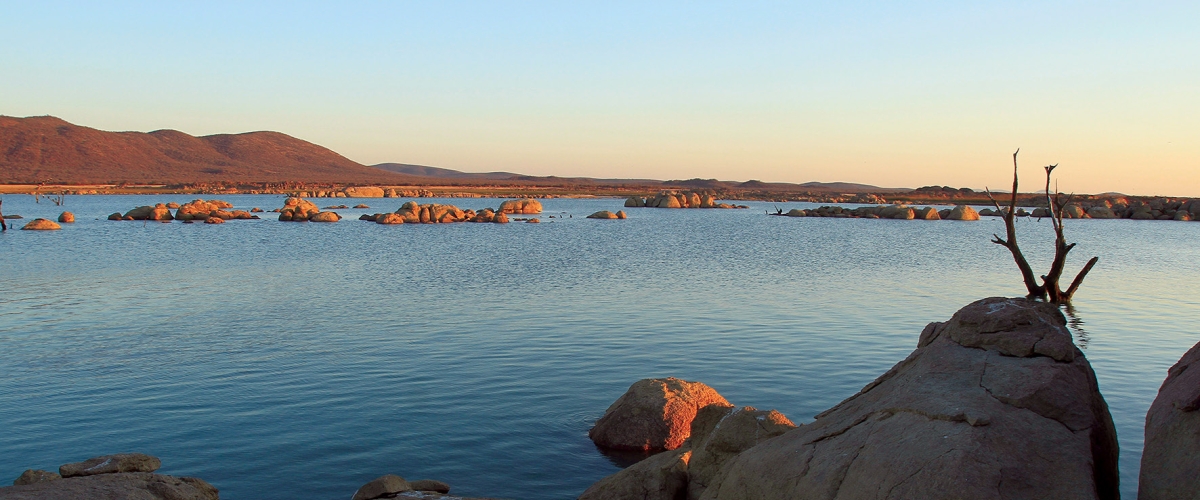
By Keikantse Lesemela
Botswana policymakers have been urged to address water scarcity as the country shifts focus to investing in agriculture in order to become self-sufficient in food production. Dr Baitsi Podisi, the Research and Advisory Services Coordinator of Centre for Coordination of Agricultural Research and Development (CCARDESA), indicated that Botswana is currently struggling to meet its food demand hence the need to address natural disasters such as droughts, diseases and climate change.
“The issue of water scarcity is something we need to look at especially that we are a nation prone to droughts. We need to pursue water-efficient technologies. Moving forward there is need for us to look into climate-proofing our sector because there has been a forecast of increasing temperatures,” he pointed. Briefing the Public Accounts Committee, Podisi explained that among the interventions, the country needs to strengthen and resource the early warning system for monitoring food security in the region.
Botswana is currently limited by unfavourable weather conditions such as late rains and increased temperatures which results in stunted growth of crops and some farmers failing to plough. He said the country needs to build climate resilience and relook water supply methods as underground water is no longer sustainable. “We need to look into our policies to see if it is working because currently we are drilling boreholes and the underground water is not sustainable. We need to come up with technologies to preserve water,” he said.
Recently the Minister of Finance and Economic Development Dr Thapelo Matsheka emphasised that citizens should focus more on producing food locally and reduce imports from other countries. Botswana imports most of its food from South Africa and other countries. However this year the country produced about 60 per cent of sorghum locally. The national cereal demand stands at 200 000 tonnes per year.
Podisi indicated that the newly-developed CCARDESA Long-term Strategy is responding to the identified regional challenges. Policymakers were implored to provide more funding to agricultural research and development and to support domestication of regional protocols such as the Regional Agricultural Policy (RAP) which is aligned to the Comprehensive Africa Agriculture Development Programme (CAADP).
Dr Podisi highlighted that youth form the majority of Botswana’s population and they demand certain food hence the country needs to focus more on the nutrition aspect. “We need to look into fortification and nutrition because most of our populations are in poverty-stricken areas and malnutrition is a problem in those areas, let’s reflect on our policies and see if we are doing enough in getting value out of our sorghum and legumes. We need to produce food which are nutrition dense,” said Dr Podisi.
He also warned that the worrying nutrition situation which is currently shown by the prevalence of stunting in children below the age of 5 years is likely to be worsened further by the COVID-19 outbreak disruptions. Botswana is currently implementing the Green Climate Fund readiness project in partnership with Deutsche Gesellschaft fur Internationale Zusammenarbeit (GIZ) GmBH/ SADC adaptation to climate change in rural areas in Southern Africa (ACCRA) programme. The GCF is focused on the needs of societies that are highly vulnerable to the effects of climate change in the least developed countries.
The author works for the Botswana Guardian and the Mid-Week Sun in Gaborone.





